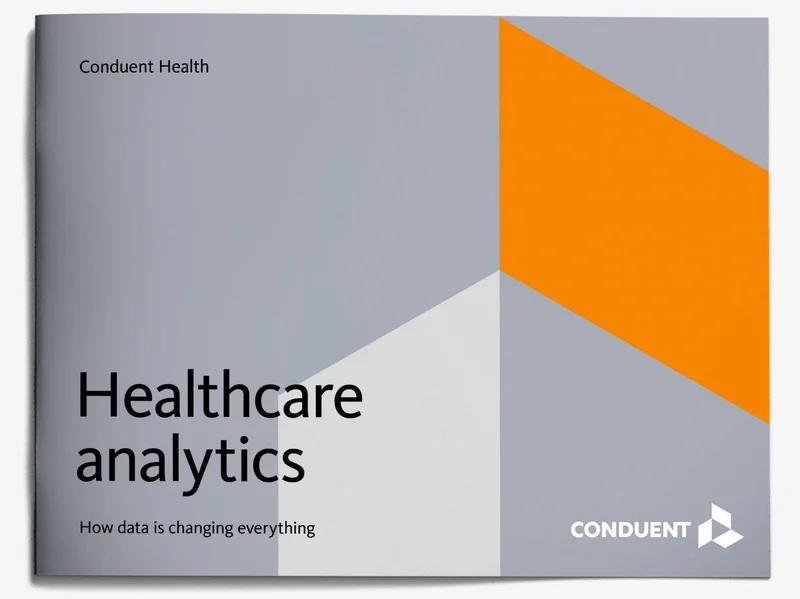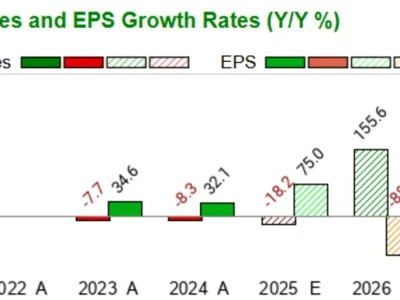The Conduent Catastrophe: A Wake-Up Call for a New Era of Digital Trust
Let's just be brutally honest for a moment, shall we? When a data breach hits over 10.5 million individuals, making it the largest healthcare data breach announced in 2025 and the 8th largest in U.S. history, we're not just talking about a security incident anymore. We're staring down the barrel of a systemic failure, a glaring spotlight on how desperately we need to rethink our entire approach to digital security. Conduent, for those who might not know, is one of those crucial, behind-the-scenes giants – a business services provider, spun off from Xerox, that handles everything from medical billing to government payment processing for nearly half of the Fortune 100. They’re the digital plumbing of our modern world, and when that plumbing bursts, it’s not just a leak; it’s a flood. The sheer scale of this, the sheer audacity of a breach impacting over 10 million individuals, from names to Social Security numbers to deeply personal medical histories, isn't just a headline, it's a seismic tremor shaking the very foundations of trust we’ve placed in the digital guardians of our lives, and it demands not just a fix, but a complete reimagining of our digital defenses.
I mean, imagine the sheer volume of that compromised data – a digital ocean, now breached, its currents carrying sensitive personal information to who-knows-where. When I first saw the details, I honestly just sat back in my chair, speechless. Initial unauthorized access on October 21, 2024, persisting until January 13, 2025. That’s nearly three months of a threat actor, possibly the Safepay ransomware group, lurking within Conduent’s networks, siphoning off data like water from a reservoir. And then, the kicker: notification letters to the affected millions didn't start going out until October 2025 – a full year after initial access. A year. When I first heard about the nearly year-long delay in notifying those affected, my heart just sank. It’s a stark, chilling reminder of the time lag between compromise and disclosure, a chasm of vulnerability where victims are left completely exposed without even knowing it. Think about the historical parallels, like the early days of industrialization where safety regulations only came after catastrophic factory fires. We’re at that inflection point in the digital realm. How many more breaches of this magnitude will it take before we truly commit to a paradigm shift, not just patching holes, but fundamentally redesigning the ship?
The Anatomy of a Digital Betrayal and Our Collective Blind Spot
This isn't just about Conduent, folks. This is about us – our collective reliance on vast, interconnected digital infrastructures that, all too often, prioritize convenience and cost-efficiency over truly impenetrable security. Conduent, to their credit, incurred $25 million in direct breach response costs, secured their networks, and called in the forensics experts. They even set up a call center, and they're quick to state there's "no evidence of any attempted or actual misuse of the information." That's good, of course, but it’s like saying the bank vault was compromised, but hey, we don't think anything was stolen... yet. The fact is, the data is out there, impacting clients like Blue Cross and Blue Shield of Montana, Humana, Premera Blue Cross, and even government agencies like the Wisconsin Department of Children and Families.

The fallout is already a tempest: at least nine class-action lawsuits have been filed, alleging negligence and demanding not just damages, but enhanced security measures and potentially lifetime identity theft protection. State regulators are sniffing around, rightly questioning that agonizing 10-month notification delay. And you know the HHS’ Office for Civil Rights (OCR) is going to come knocking, because when healthcare data is involved, HIPAA compliance isn’t just a suggestion; it’s the law. But here's my point: these responses, while necessary, are reactive. They're about cleaning up the mess after the digital invaders have already packed their bags and left. We're currently trying to stop a flood with a teacup when what we need is a whole new dam, built with the foresight of tomorrow's storms. We need to move beyond merely responding to breaches and start proactively building resilient digital ecosystems that anticipate, neutralize, and even deter these sophisticated threats before they ever gain a foothold.
Forging a New Frontier: Beyond Patches and Towards Proactive Resilience
This Conduent breach, as devastating as it is, can be our catalyst. It's an opportunity for us to demand, and for innovators to deliver, a new generation of digital defense. I've been scrolling through forums and social media, and what I’m seeing isn't just anger; it's a powerful demand for innovation, for solutions that don't just react but fundamentally prevent. People aren't just saying, "Fix this!" They're asking, "Why isn't this already solved?" That's the hopeful spark, the collective consciousness pushing for something better.
Imagine a future where AI isn't just detecting anomalies, but predicting attack vectors with uncanny accuracy, creating dynamic, self-healing networks that adapt in real-time. Think about decentralized identity management, leveraging blockchain technology to give individuals true ownership and control over their personal data, making it exponentially harder for a single point of failure to expose millions. We need to be talking about quantum-safe encryption now, as a standard, not just a futuristic concept, because the next generation of computing power will render our current cryptographic methods obsolete. This isn't science fiction; it's the urgent imperative of our time. But with great power comes great responsibility, doesn't it? As we deploy these advanced tools, we must also embed ethical frameworks, ensuring that security doesn't become a surveillance state, but a shield for individual liberty. We need to invest not just in technology, but in the human element – training, awareness, and fostering a culture of cybersecurity from the top floor to the server room.
Our Imperative: Building a Future Where Trust Isn't a Luxury
The Conduent breach is a harsh lesson, a digital scar on the landscape of 2025. But it doesn't have to be a definitive ending; it can be a powerful beginning. It's a loud, unmistakable signal that our current models of data protection are simply not enough for the complexities of the digital age. This is our moment to leap forward, to demand, innovate, and build systems where trust isn't a fragile hope, but an unshakeable foundation. Let's not just lament the breaches; let's use them as blueprints for a more secure, more resilient, and ultimately, more human-centric digital future.

